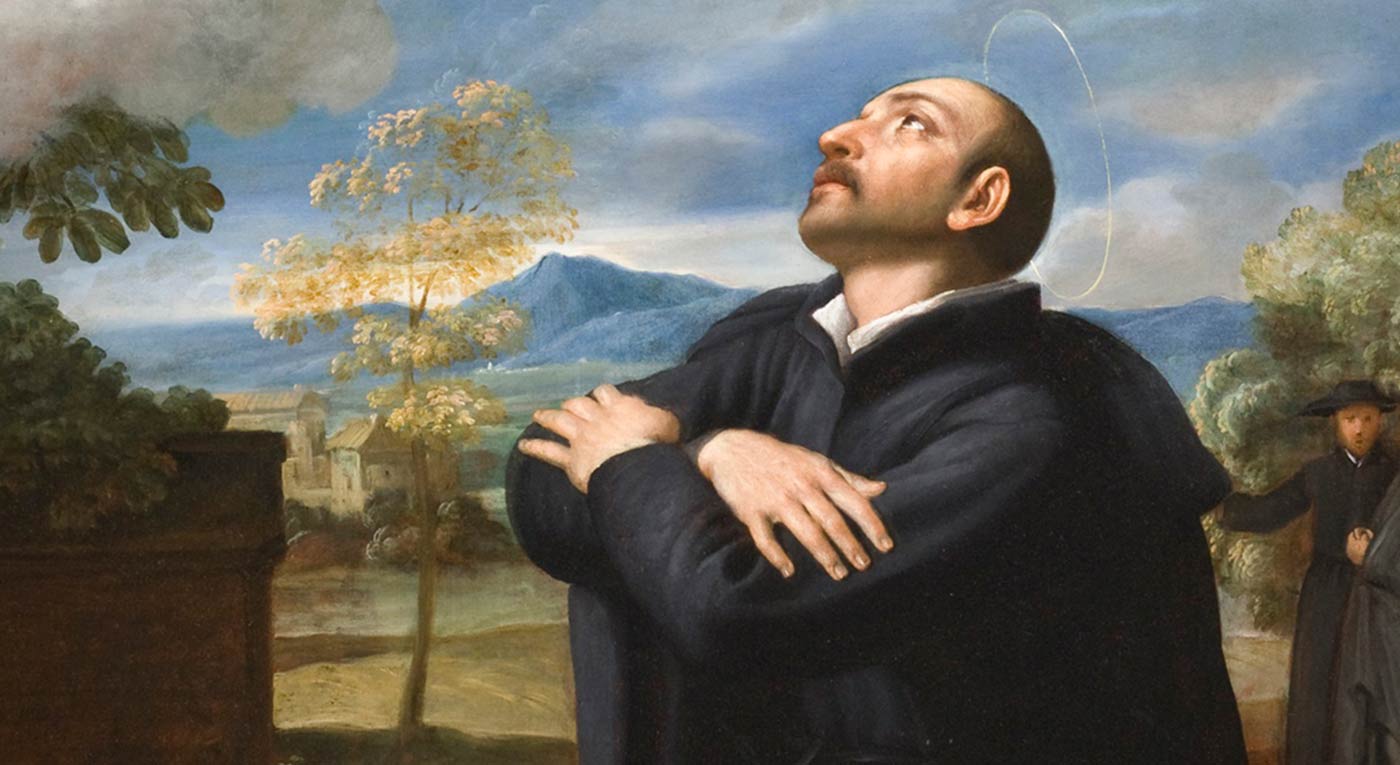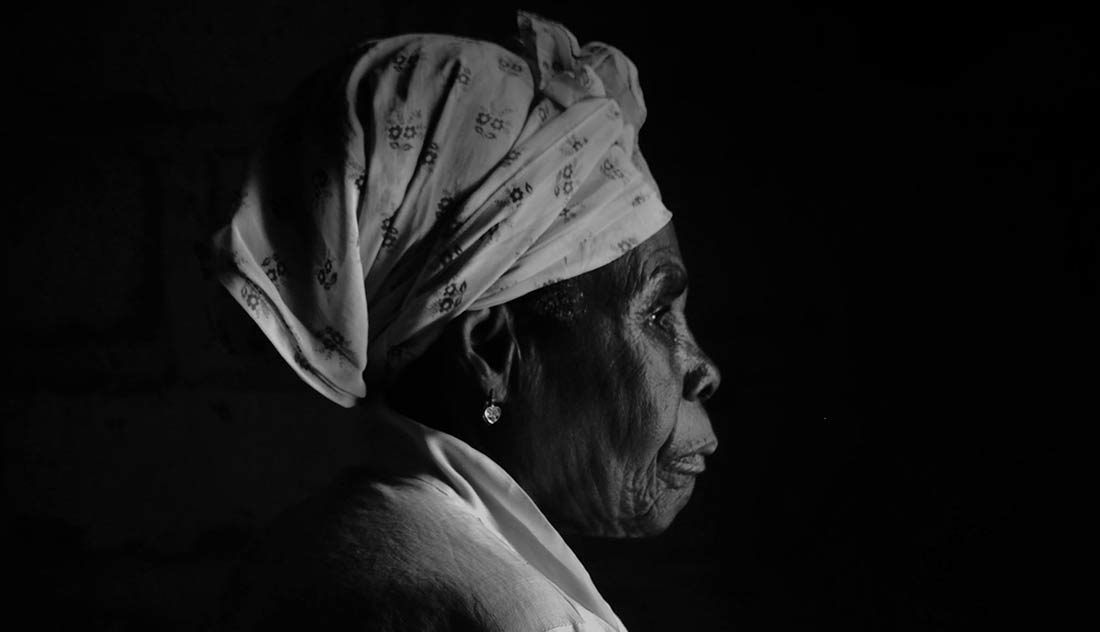
Spiritual Exercises


What Are the
Spiritual Exercises?
The Spiritual Exercises grew out of Ignatius Loyola’s personal experience as a man seeking to grow in union with God and to discern God’s will.
A journey of personal conversion!
The Spiritual Exercises grew out of Ignatius Loyola’s personal experience as a man seeking to grow in union with God and to discern God’s will. He kept a journal as he gained spiritual insight and deepened his spiritual experience. He added to these notes as he directed other people and discovered what “worked.” Eventually Ignatius gathered these prayers, meditations, reflections, and directions into a carefully designed framework of a retreat, which he called “spiritual exercises.”
Ignatius wrote that the Exercises: “have as their purpose the conquest of self and the regulation of one’s life in such a way that no decision is made under the influence of any inordinate attachment.” He wanted individuals to undertake these exercises with the assistance of an experienced spiritual director who would help them shape the retreat and understand what they were experiencing. The book of Spiritual Exercises is a handbook to be used by the director, not by the person making the retreat.


Ignatius organized the Exercises into four “weeks.” Stages on a journey to spiritual freedom and wholehearted commitment to the service of God. The first week of the Exercises is a time of reflection on our lives in light of God’s boundless love for us. The meditations and prayers of the second week teach us how to follow Christ as his disciples. On the third week, we meditate on Christ’s Last Supper, passion, and death. We see his suffering and the gift of the Eucharist as the ultimate expression of God’s love. On the fourth week, we meditate on Jesus’ resurrection and his apparitions to his disciples.
Prayer in the Exercises
Meditation and Contemplation: The two primary forms of praying in the Exercises
Select Payment Method
Pay by bank transfer
If you wish to make a donation by direct bank transfer please contact Fr Paul Hamill SJ treasurer@jesuits.africa. Fr Paul will get in touch with you about the best method of transfer for you and share account details with you. Donations can be one-off gifts or of any frequency; for example, you might wish to become a regular monthly donor of small amounts; that sort of reliable income can allow for very welcome forward planning in the development of the Society’s works in Africa and Madagascar.
Often it is easier to send a donation to an office within your own country and Fr Paul can advise on how that might be done. In some countries this kind of giving can also be recognised for tax relief and the necessary receipts will be issued.

